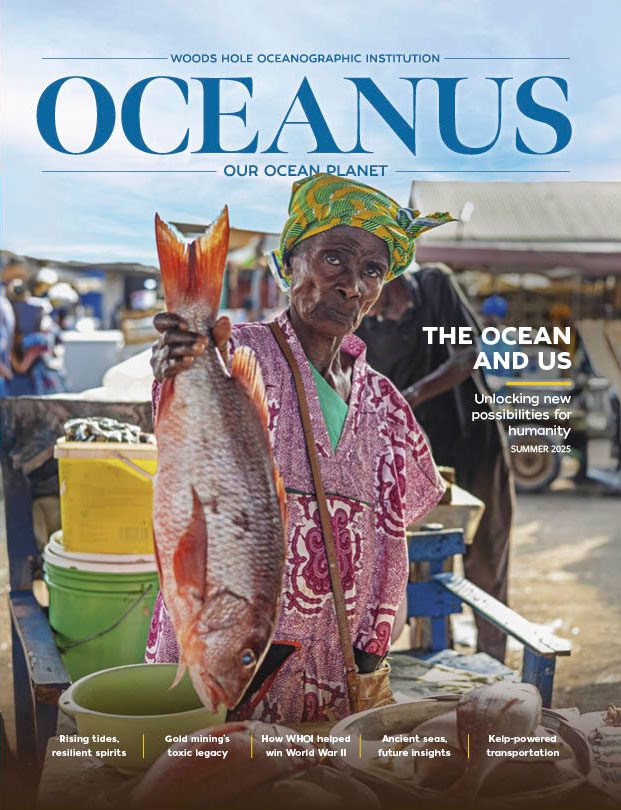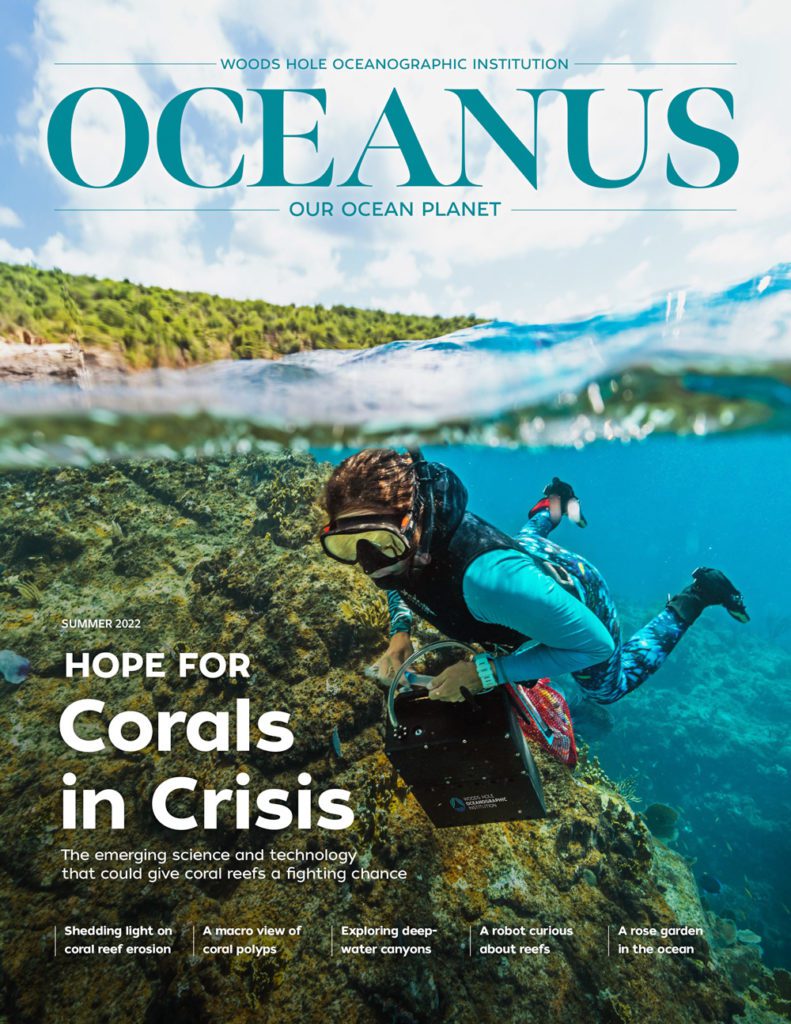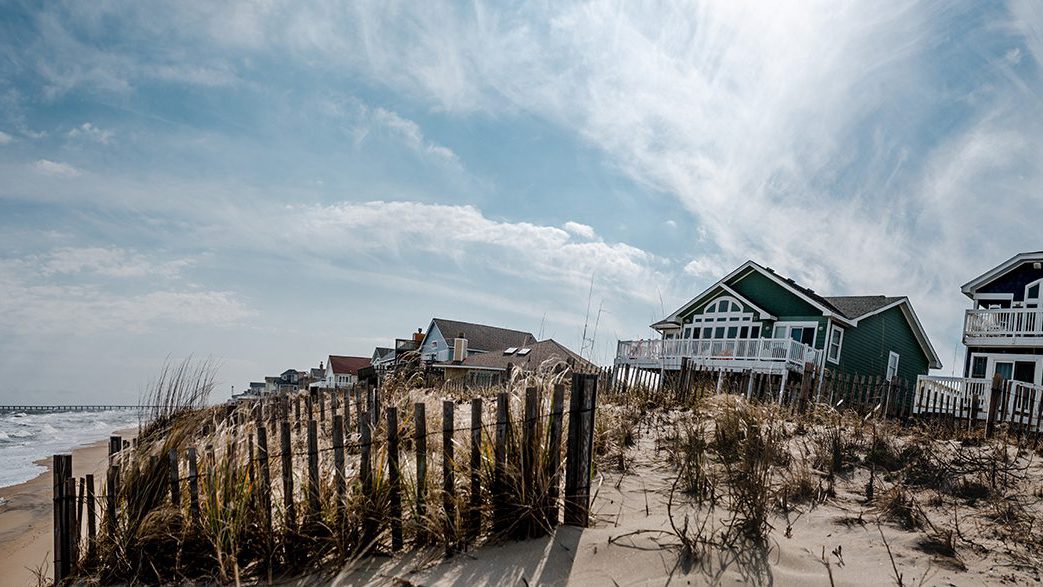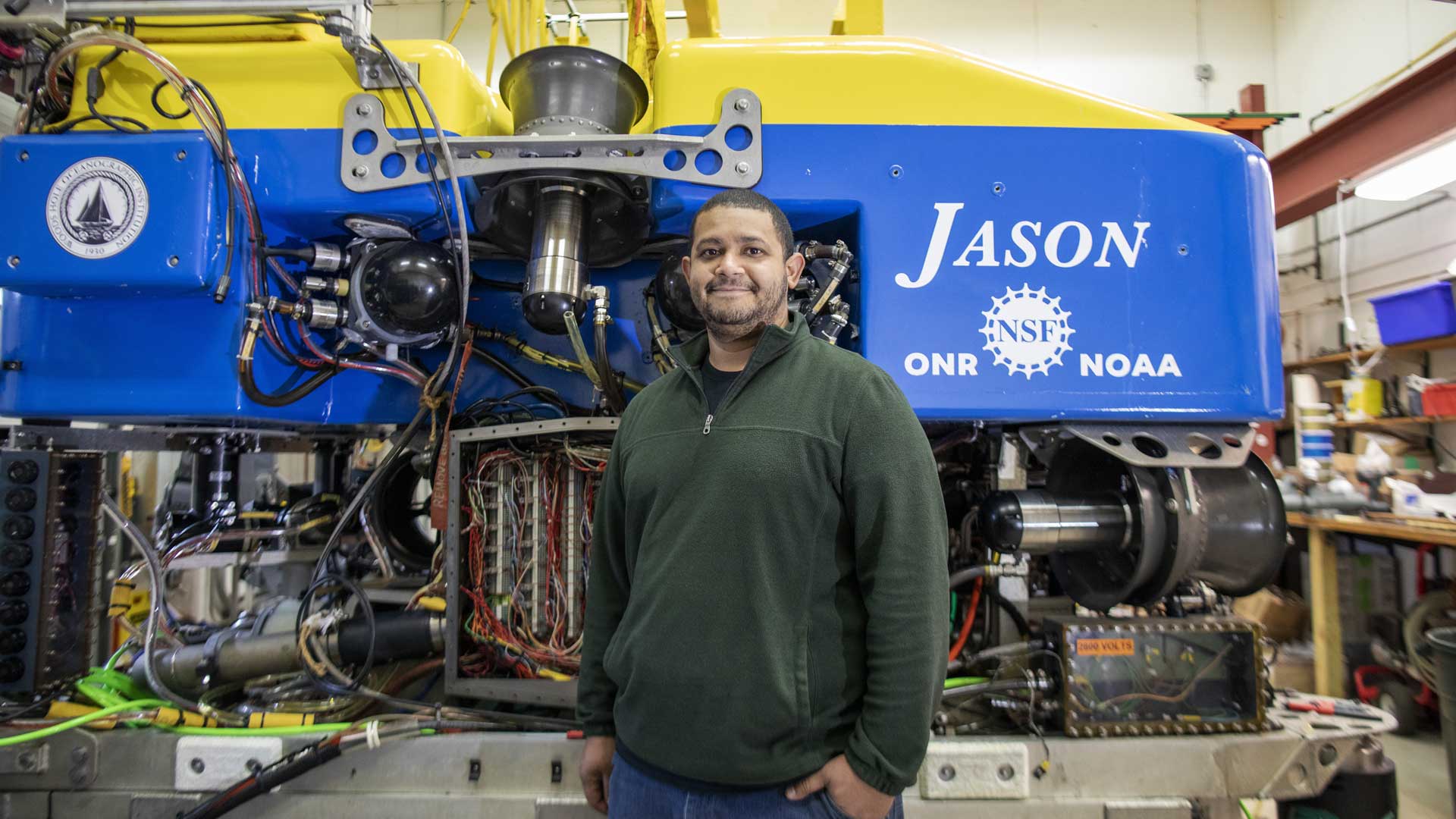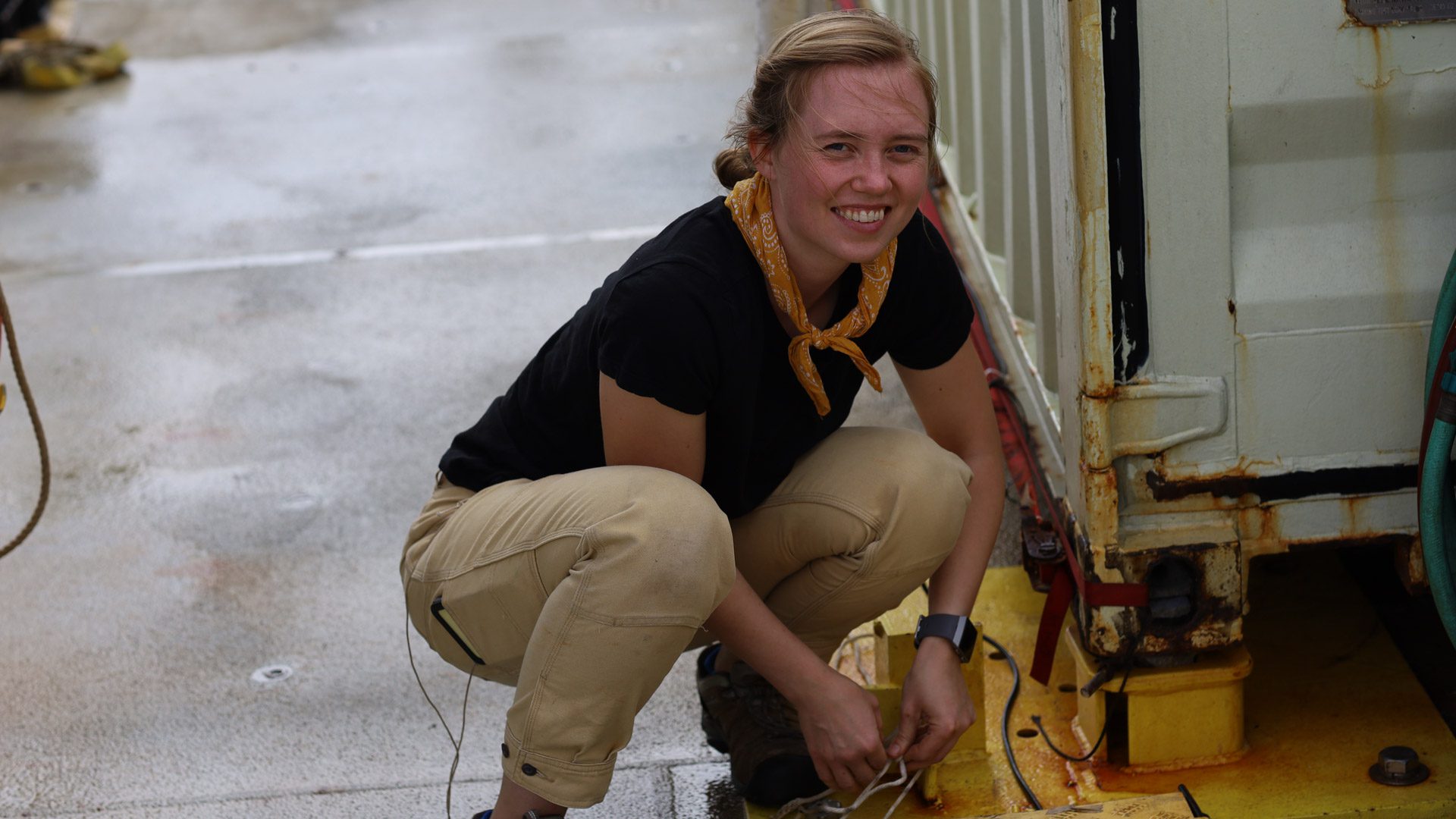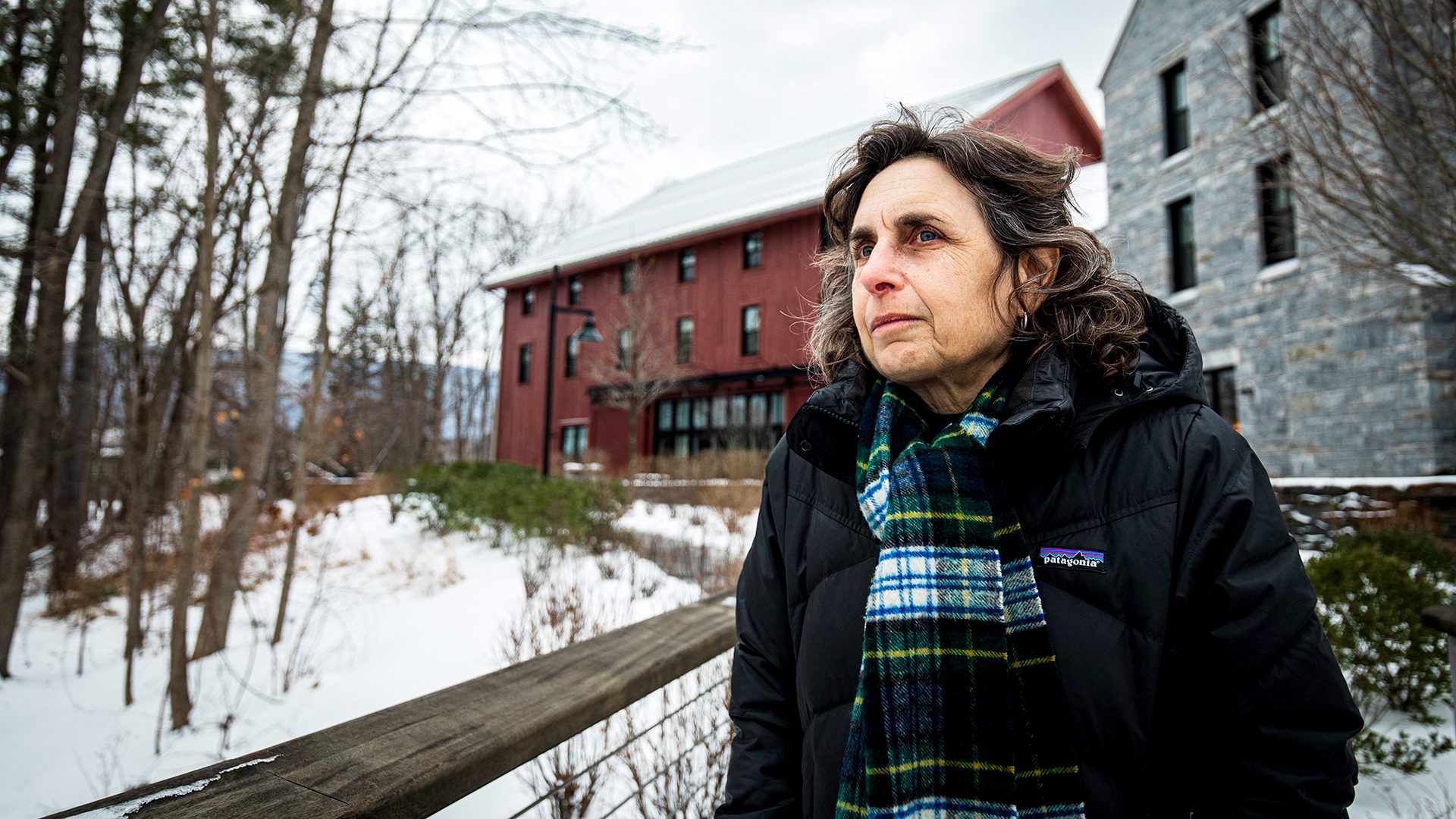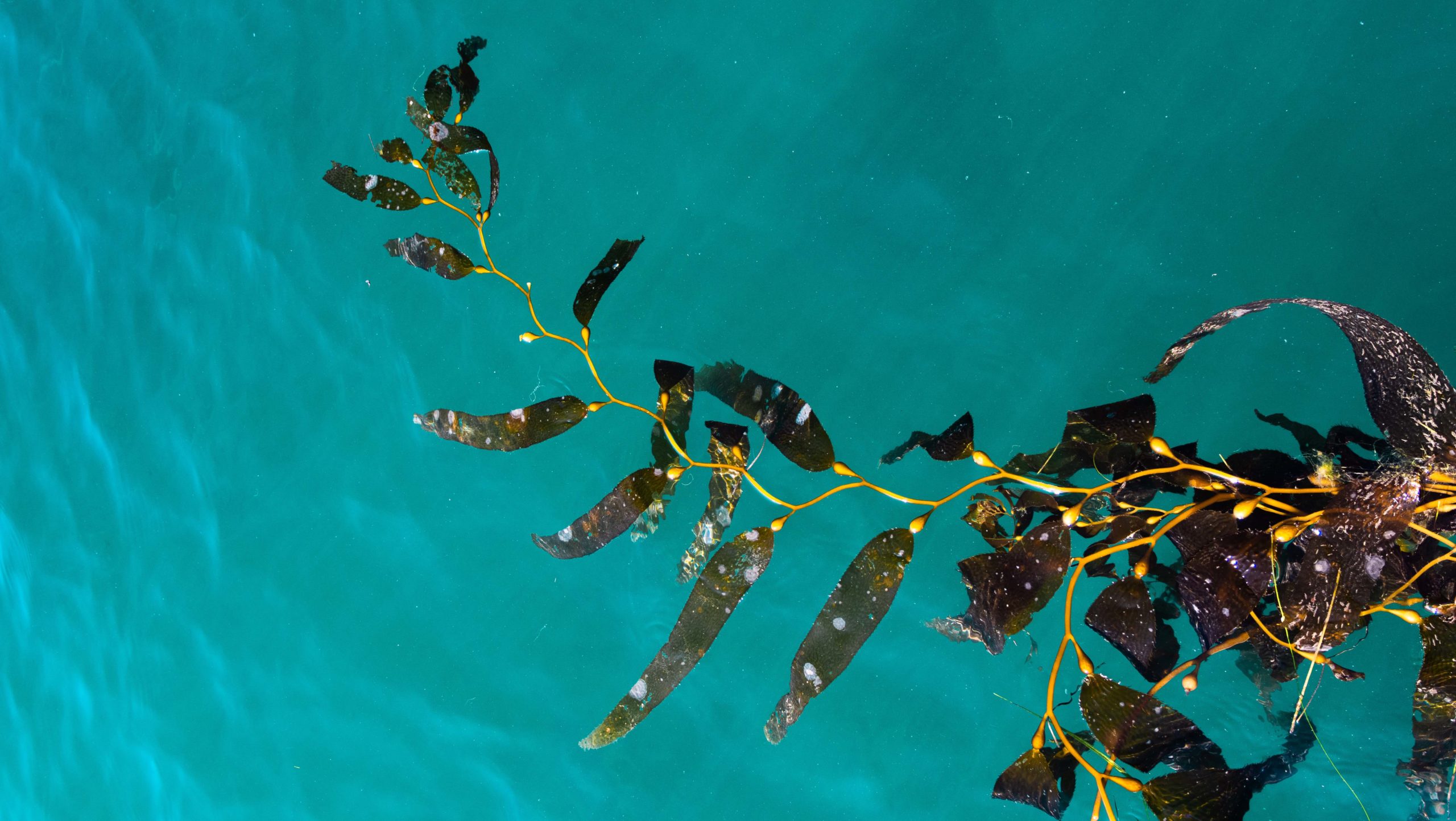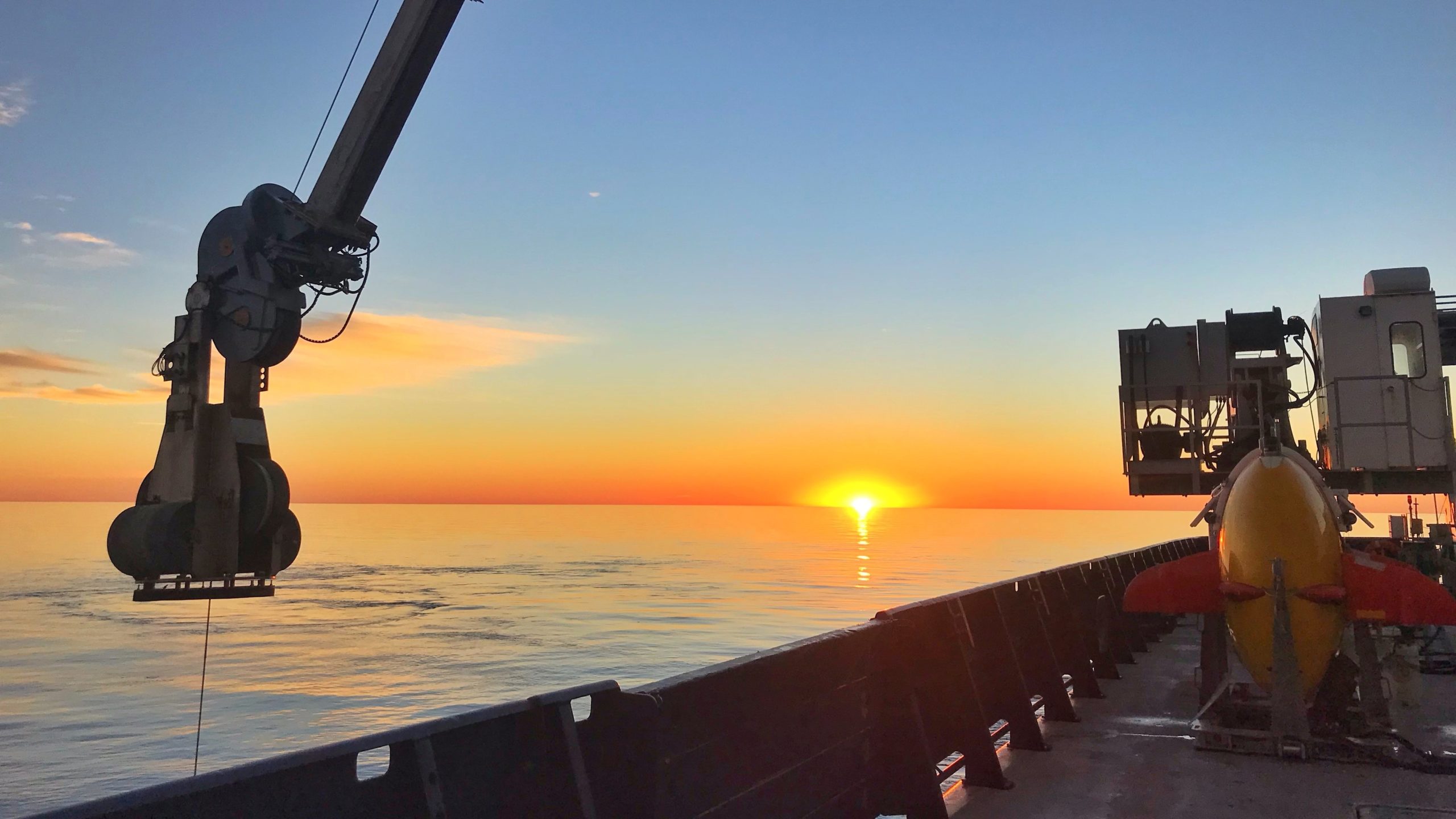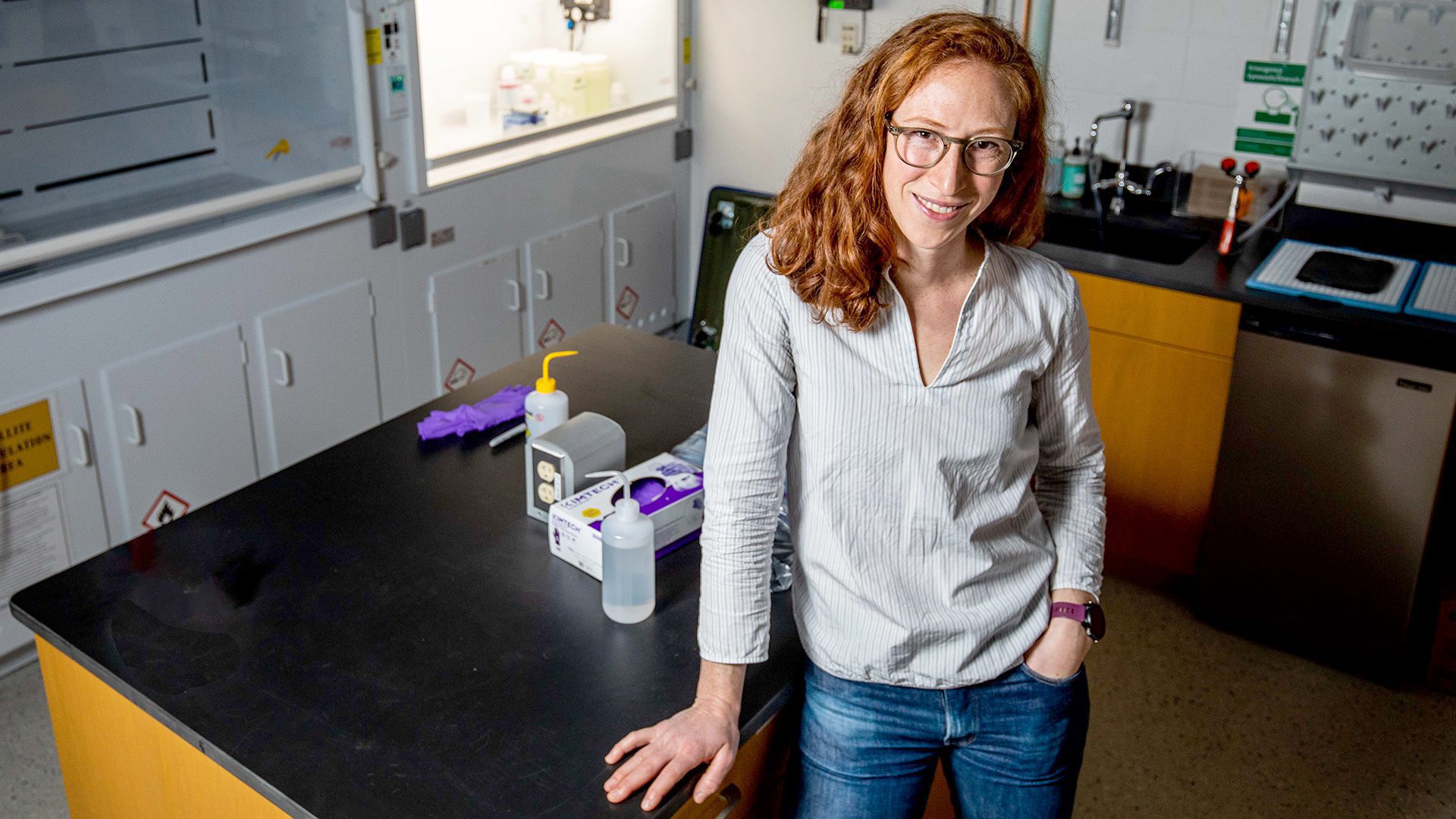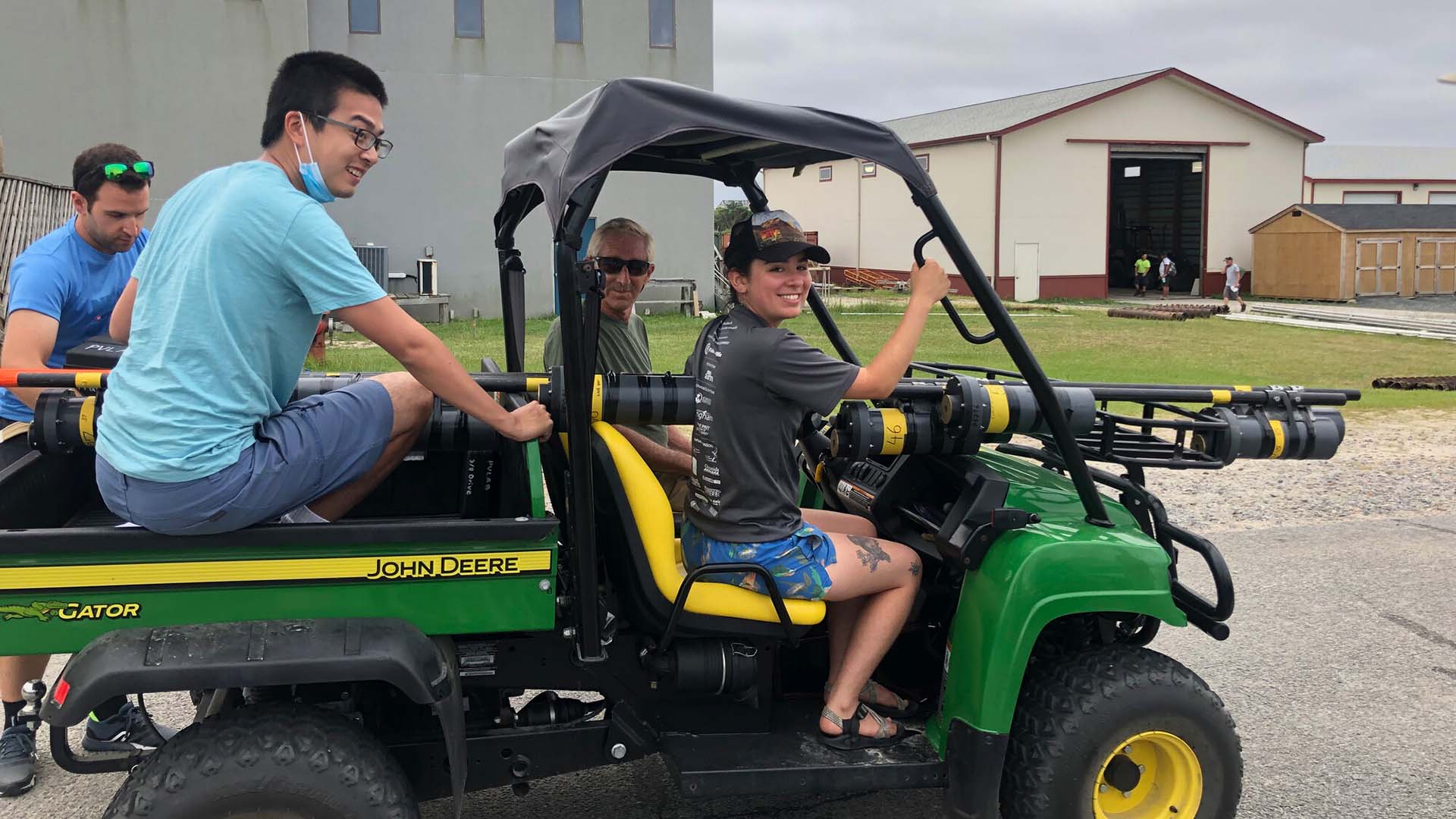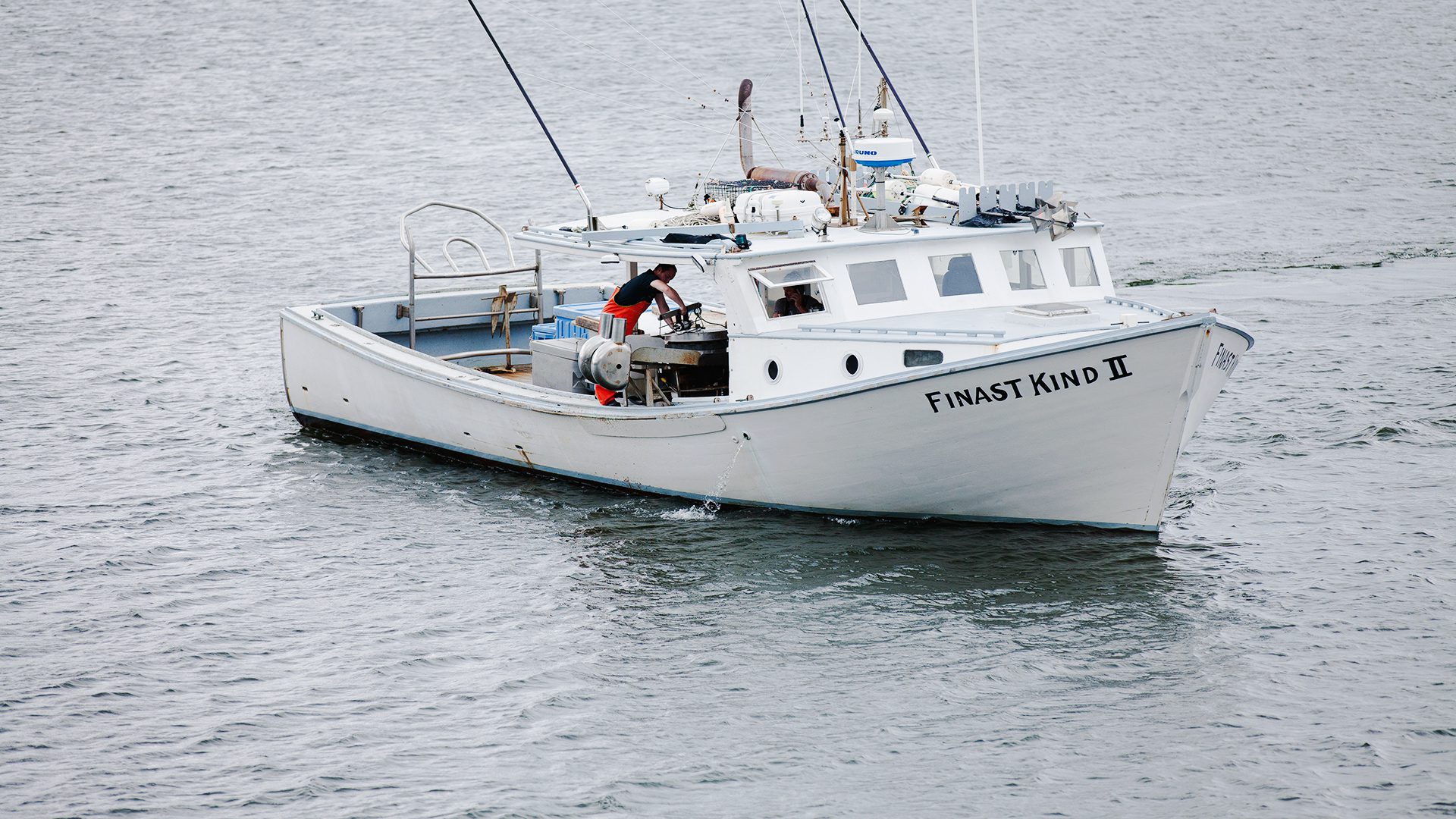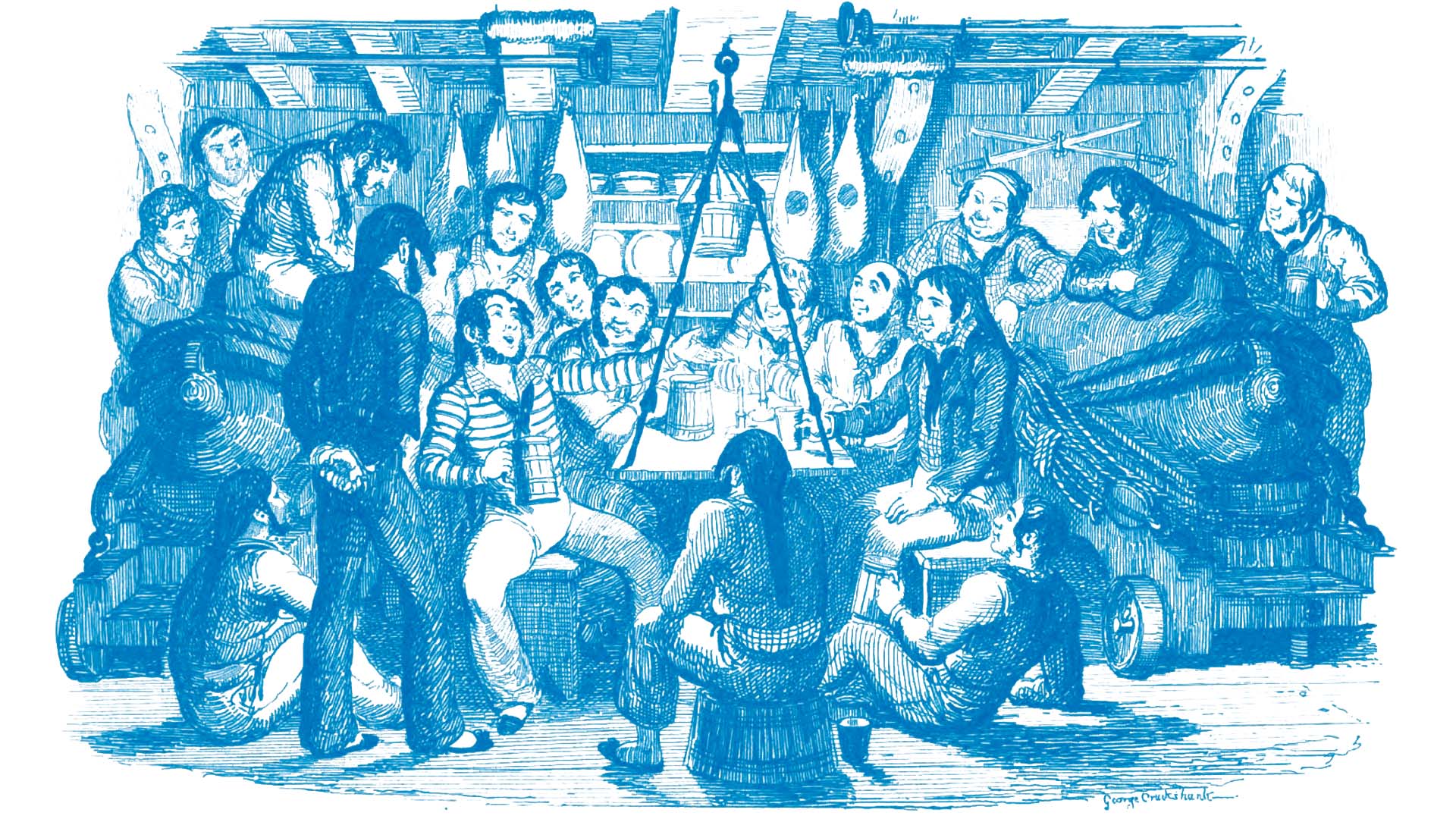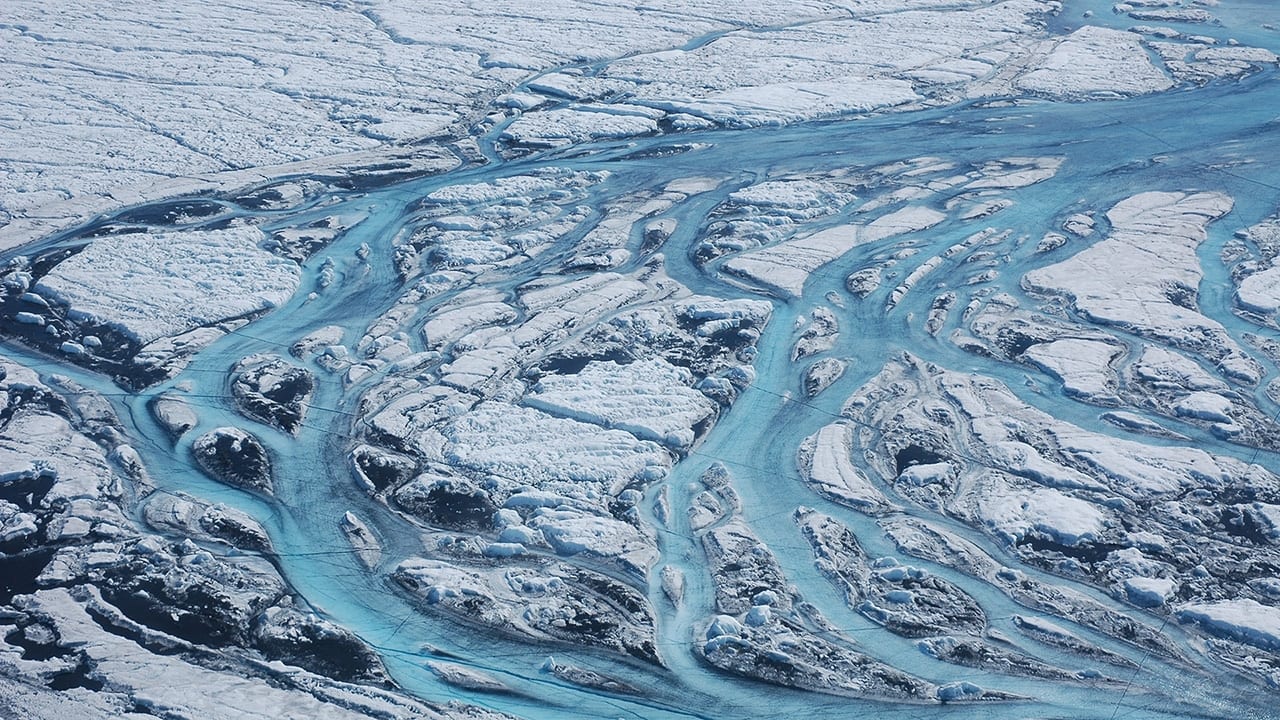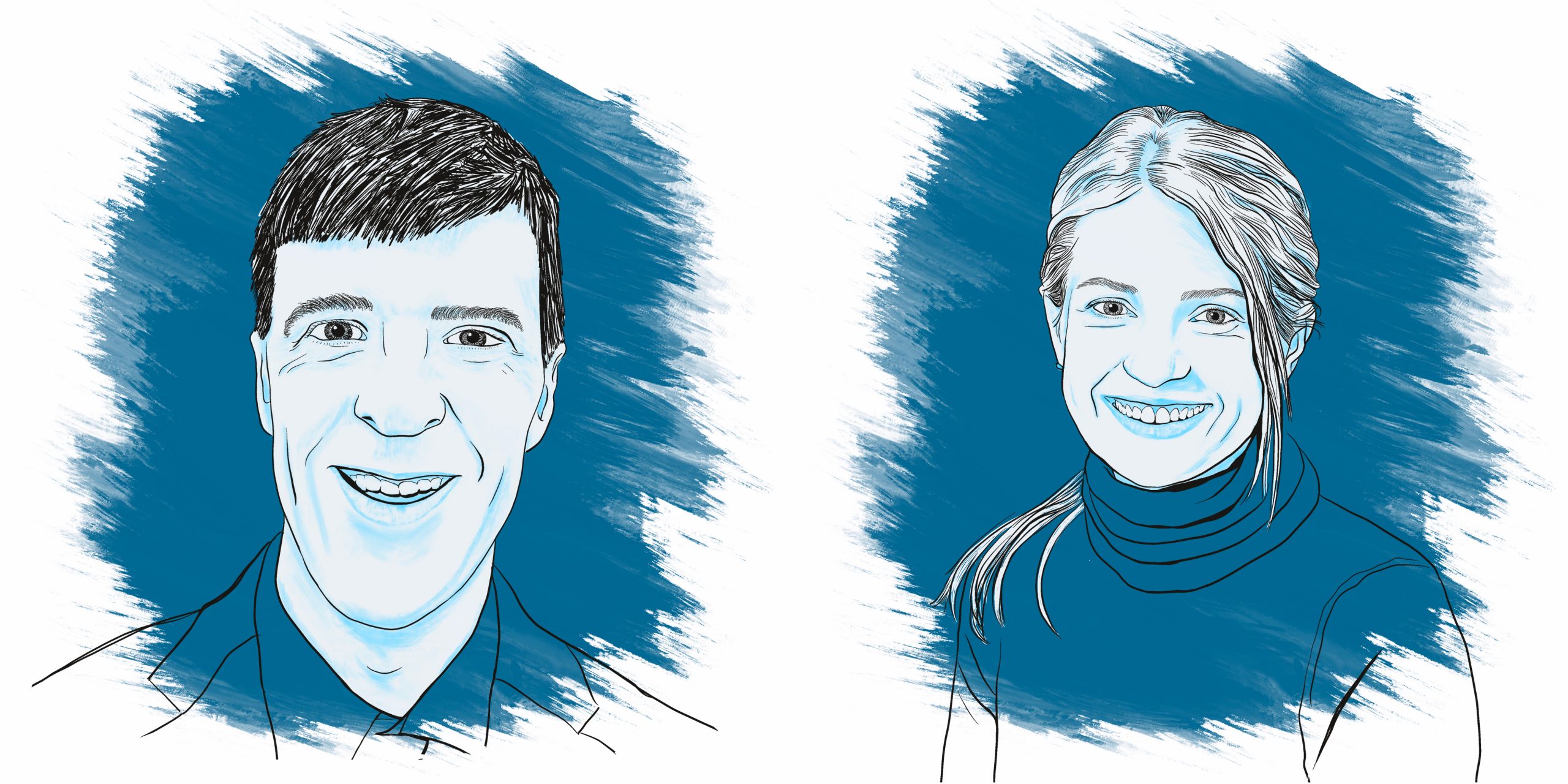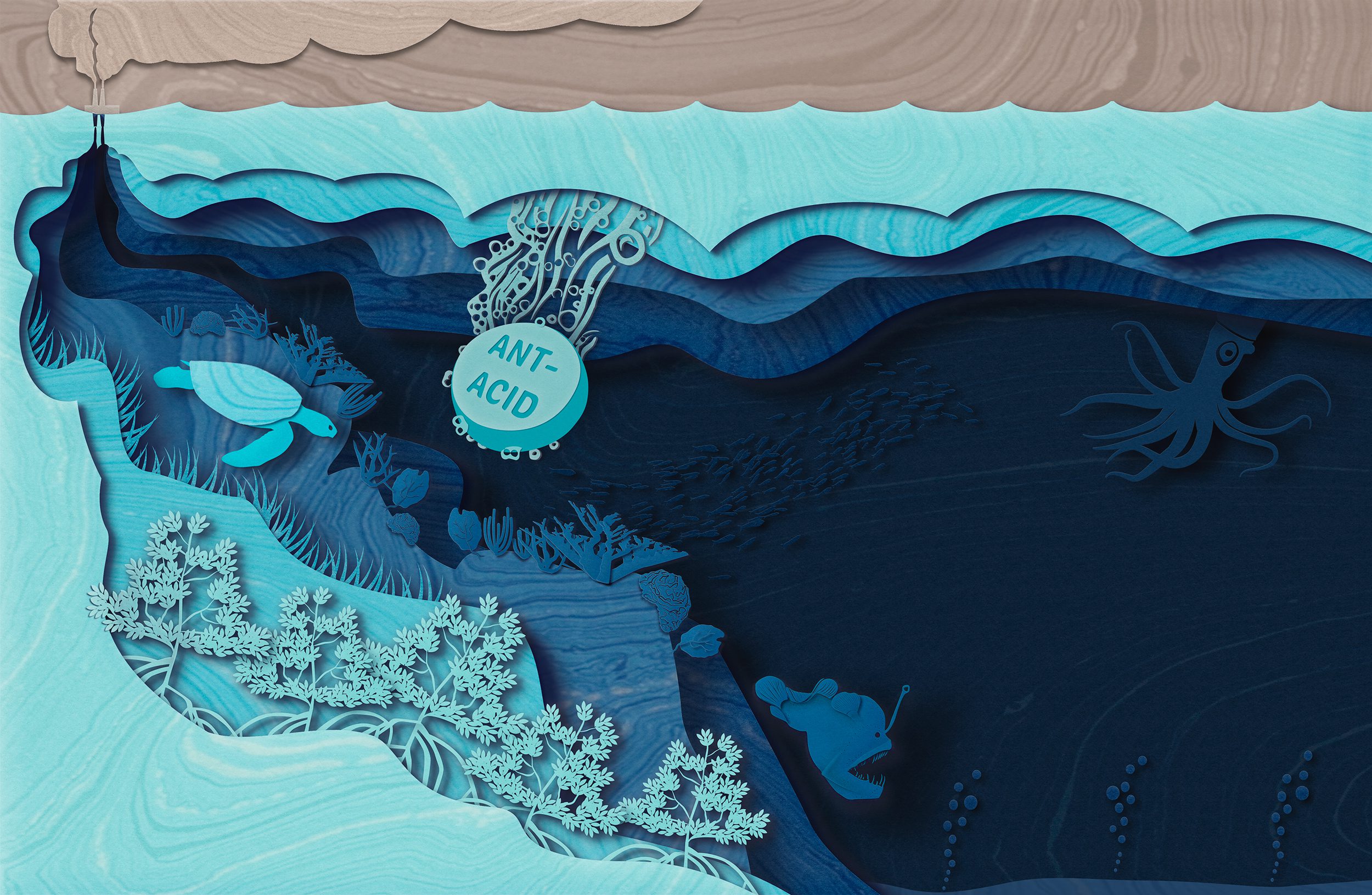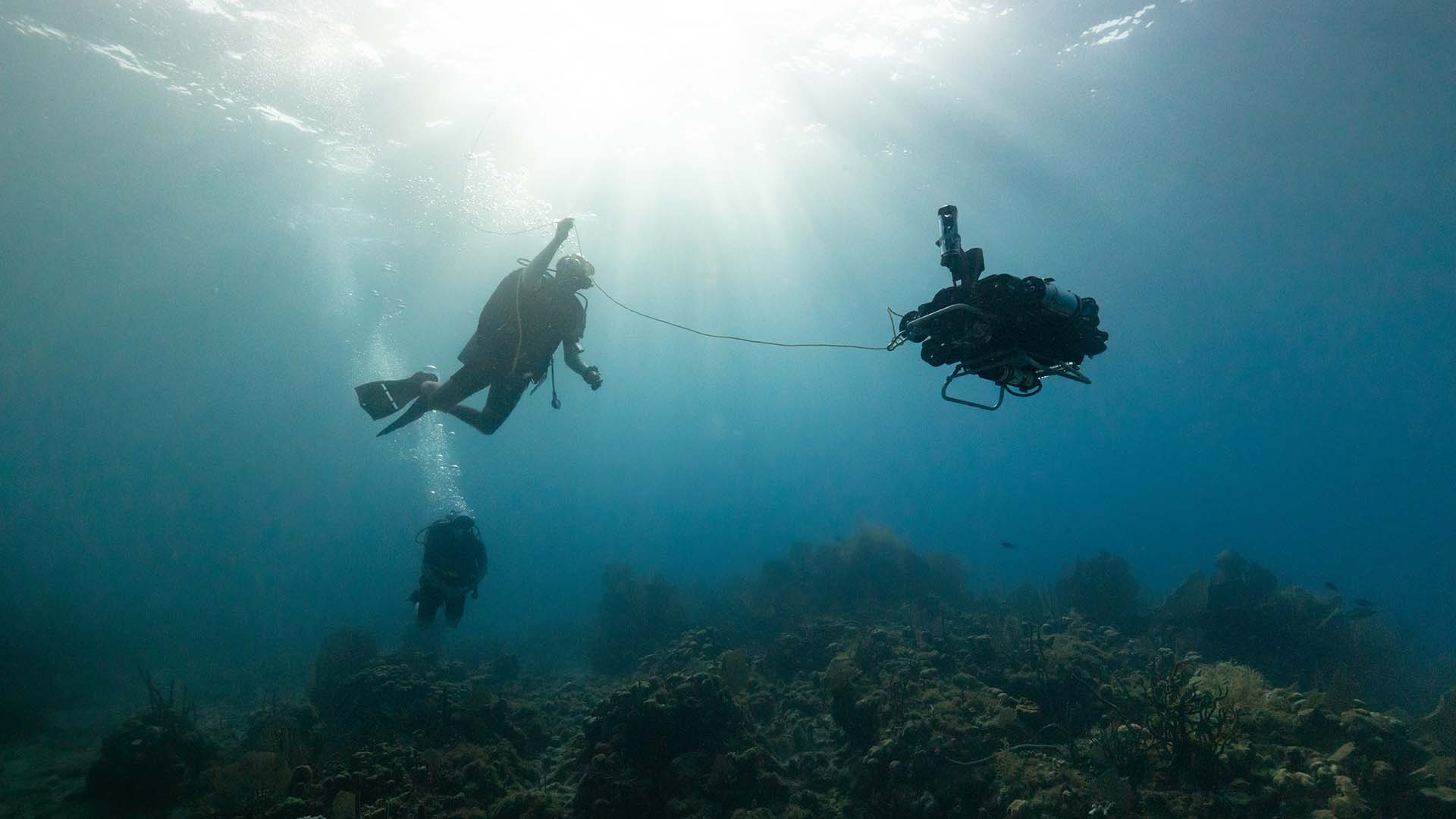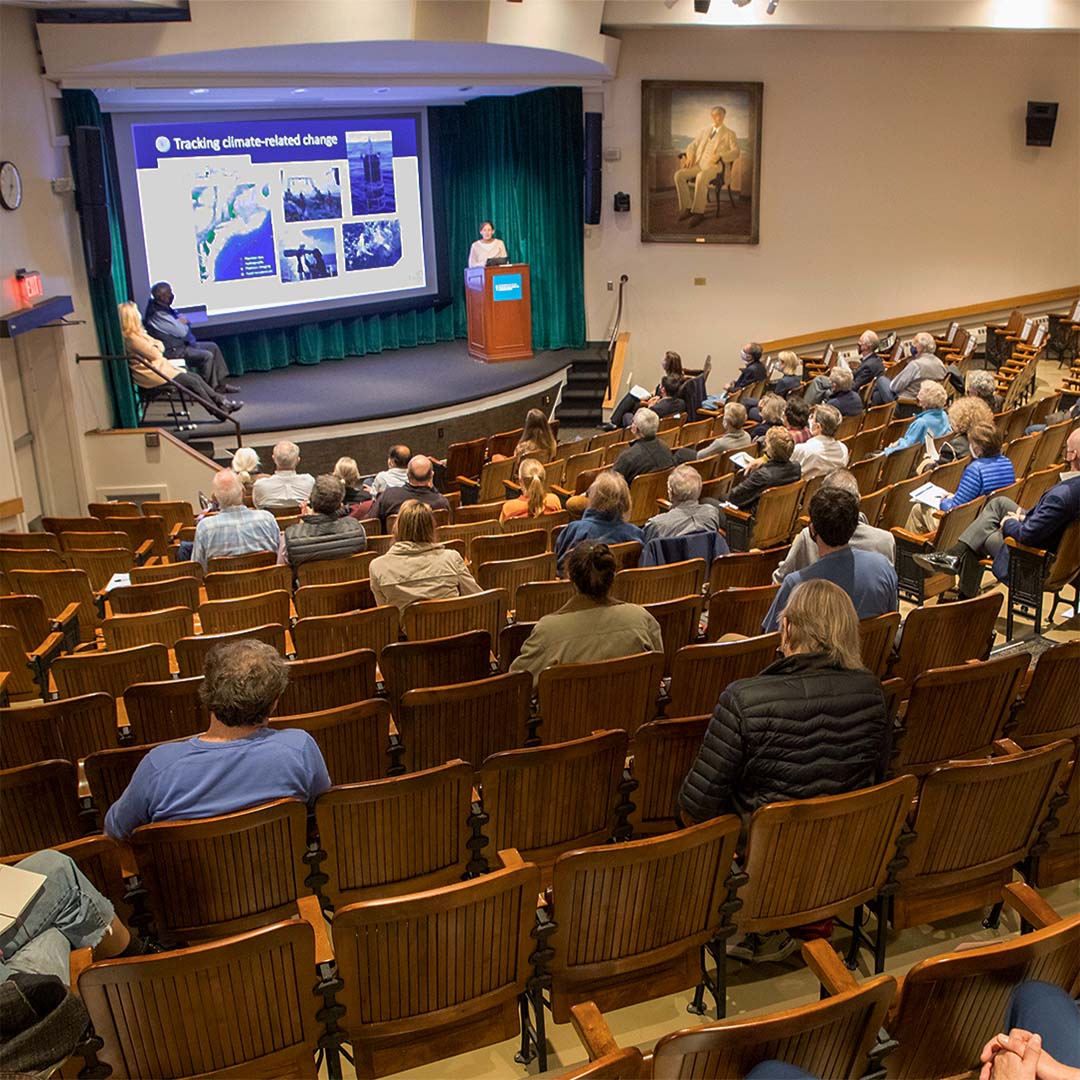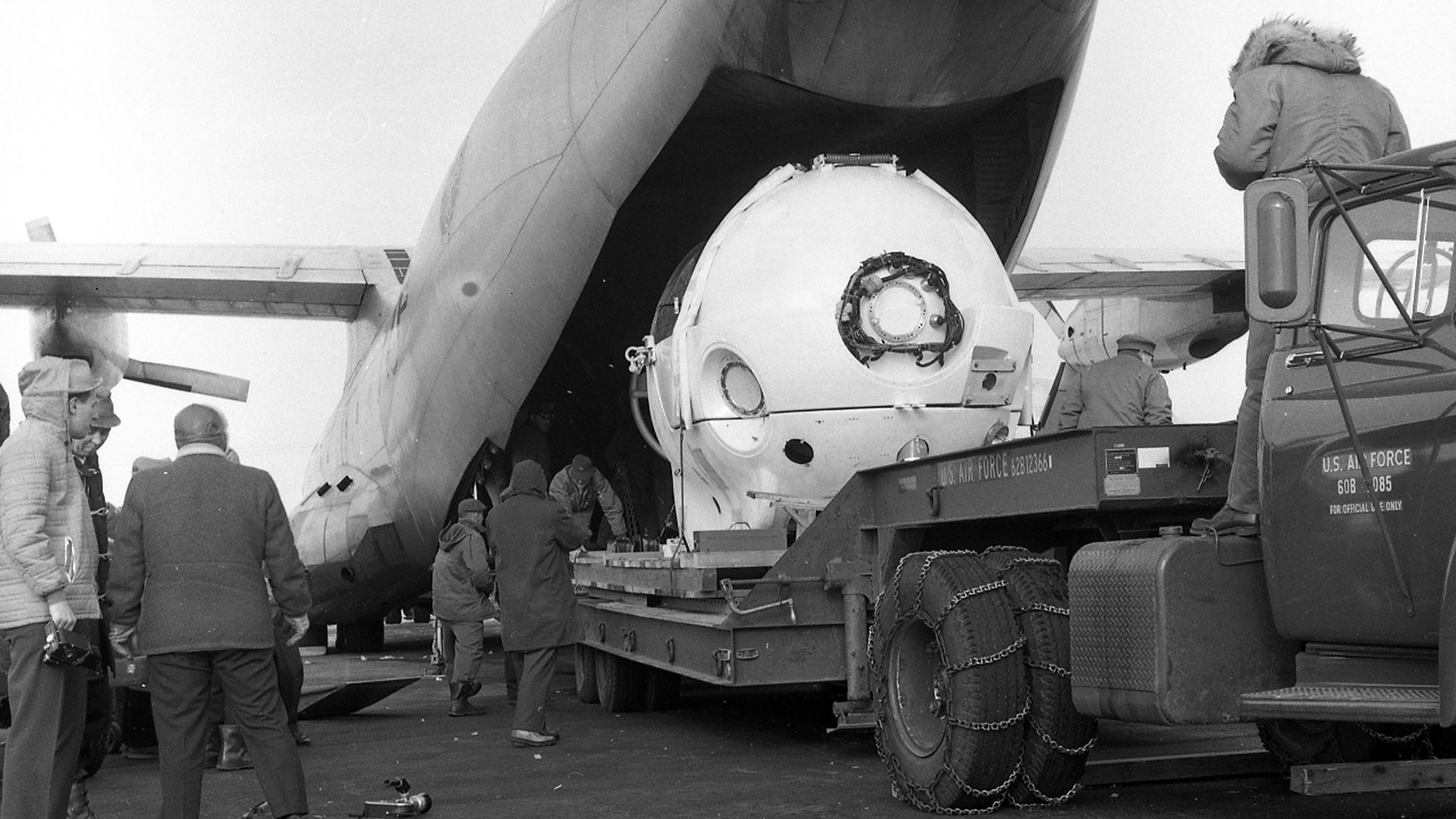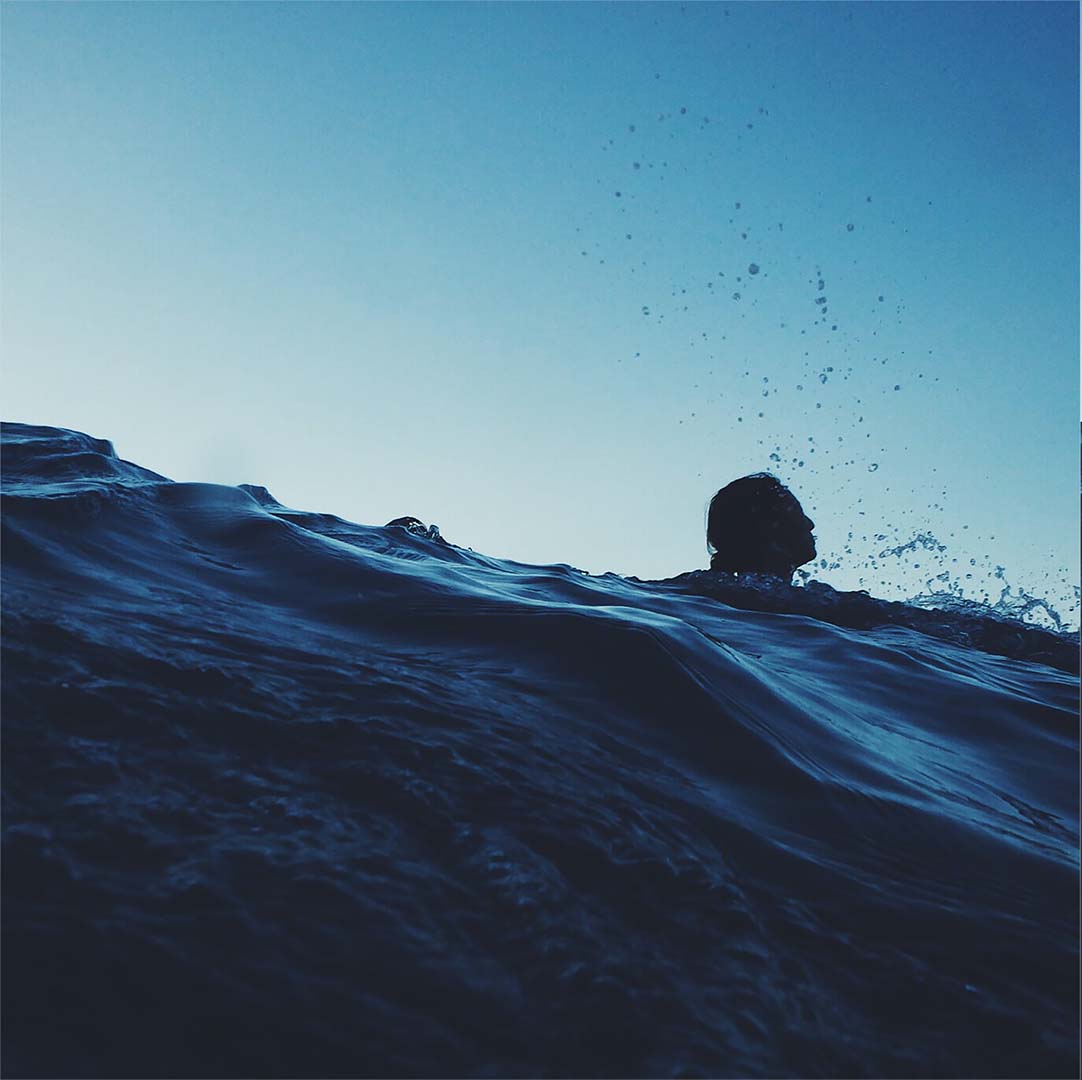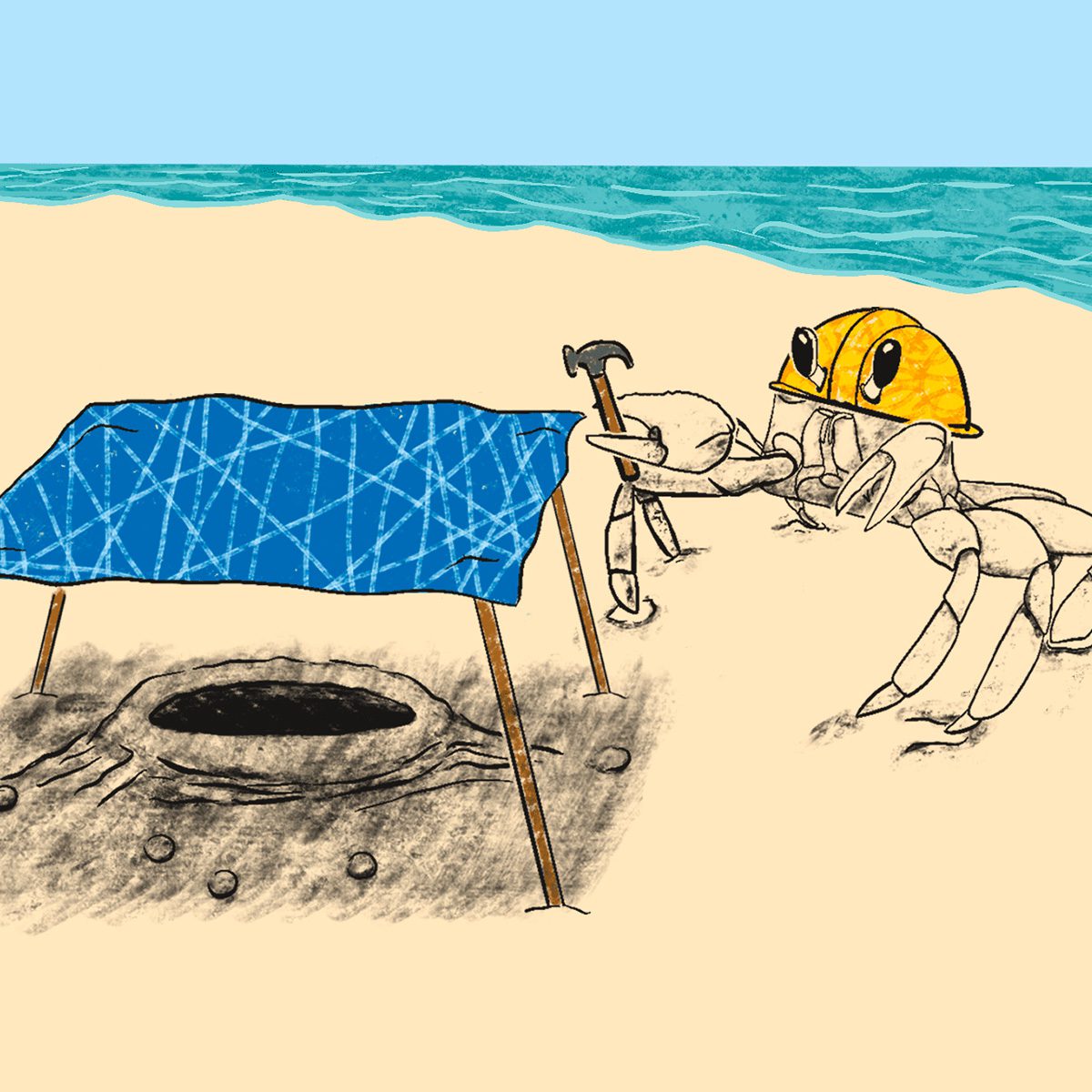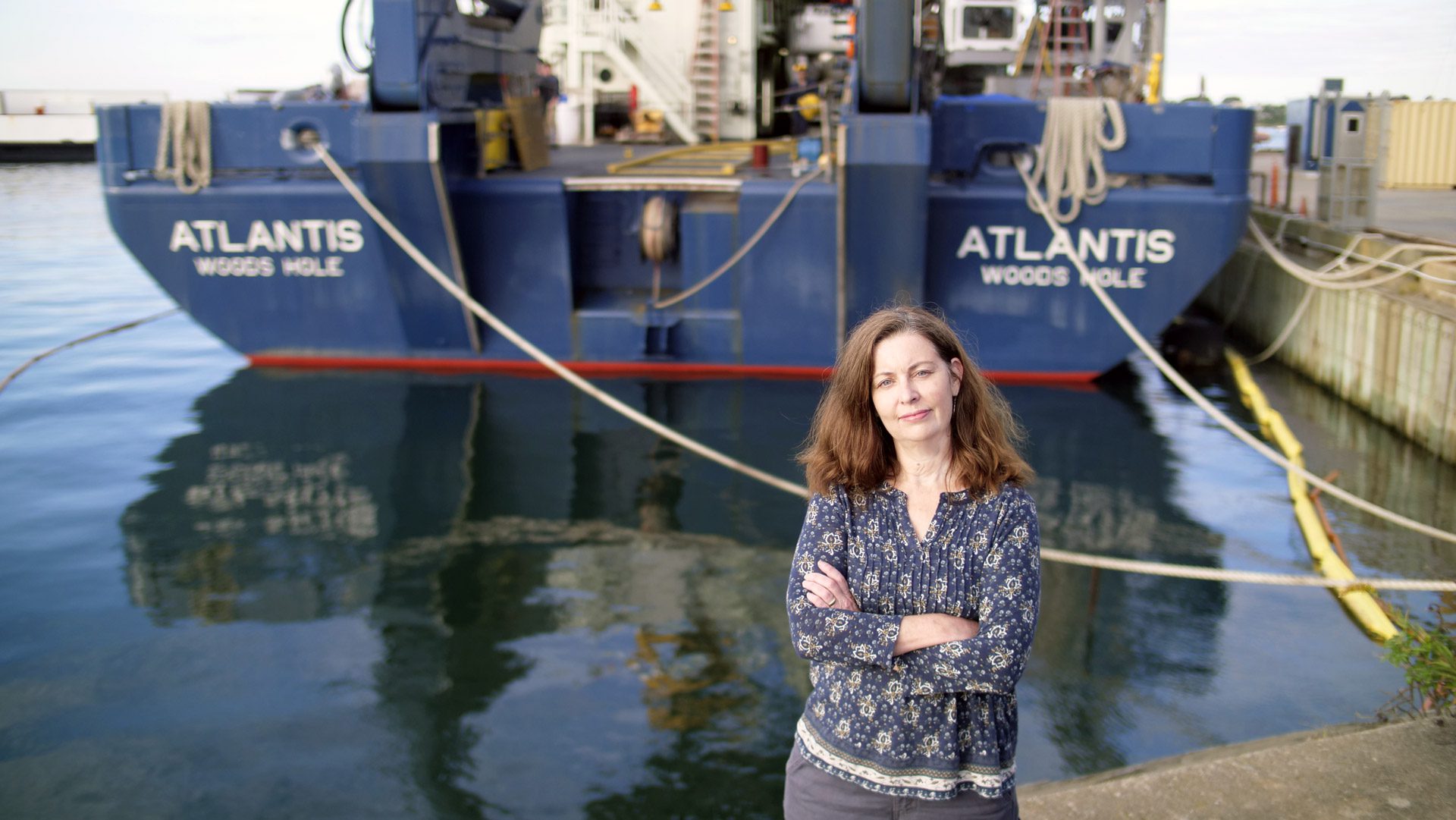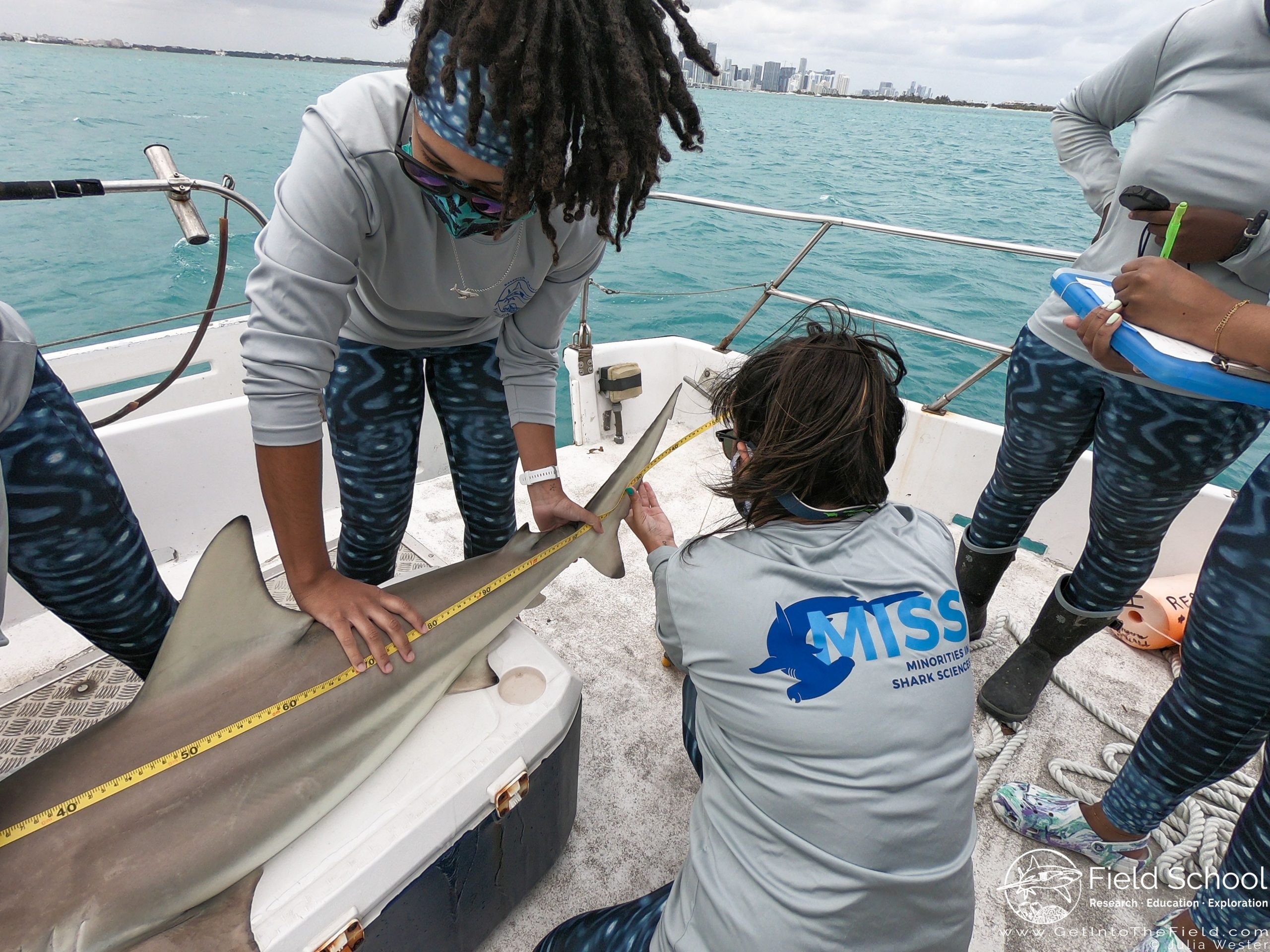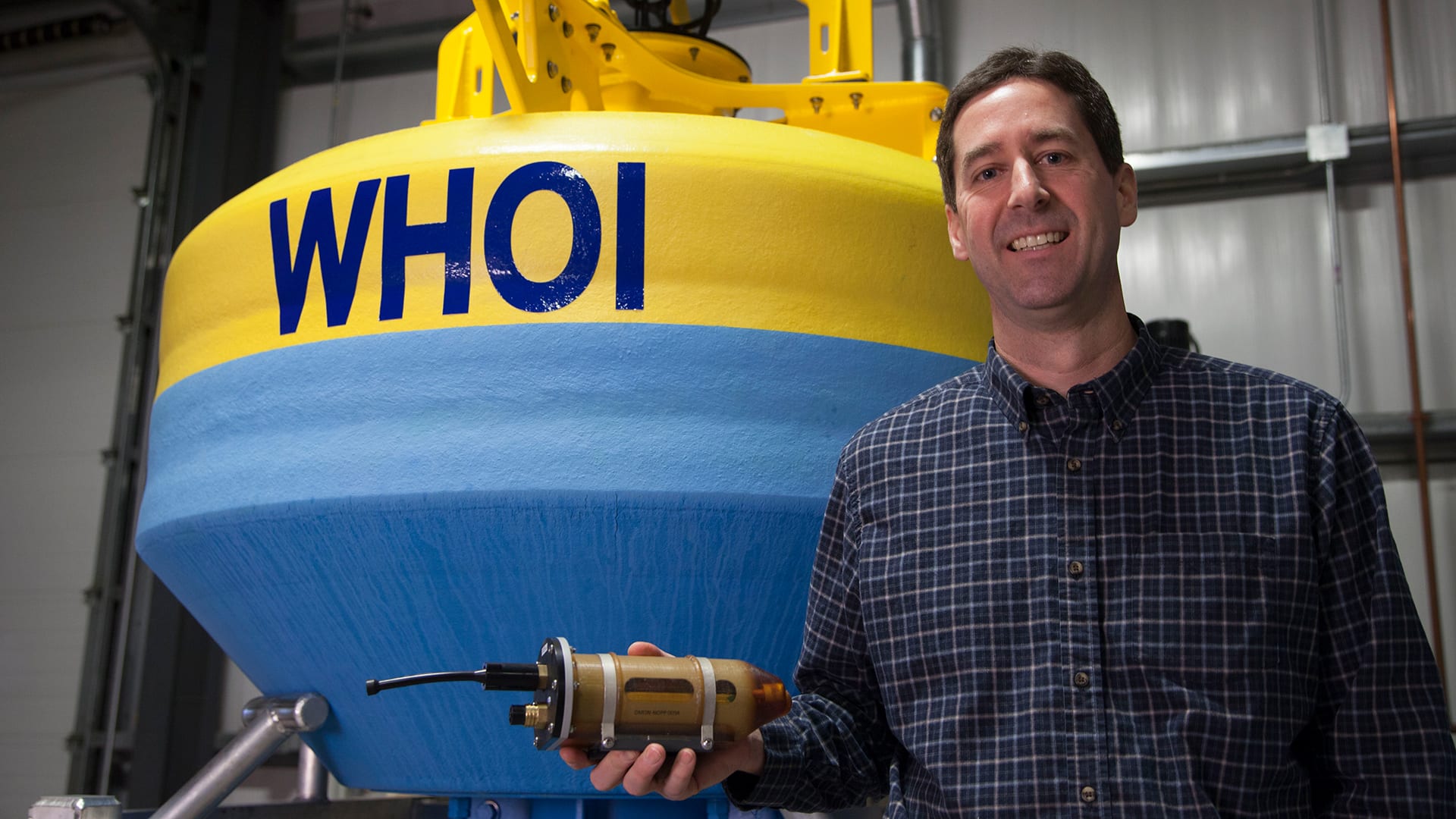Oceanus Online Archive
With worsening storms, can the Outer Banks protect its shoreline?
The double-whammy of more intense storms and a COVID-era real estate boom has scientists and planners focused on resiliency
Read MoreWaves of inspiration
Rachael Talibart explores the infinite creativity of wave photography
Read MoreMeet the Jason Team: Mario Fernandez
A mechanical engineer, pilot, and expedition leader on vehicle design and adventures at sea
Read MoreMeet the Sentry Team: Amanda Sutherland
A Mechanical engineer on independent workflow and collaboration
Read MoreElizabeth Kolbert on ocean-based carbon removal
Pulitzer prize–winning author reflects on methods that could enable the ocean to store more carbon, and what that could mean for marine ecosystems and sea life.
Read MoreNational Academy scientists say the ocean must play a role in CO2 removal to stave off climate change
A committee from the National Academy of Science reviews ocean-based methods to remove carbon dioxide in order to meet the Paris Climate Agreement goals
Read MoreSniffing out methane in the deep sea
Scientists cruise the Gulf of California’s Guaymas Basin to test out new tech for detecting and measuring methane in the deep
Read MoreDune buggies and diving:
PhD student Ciara Dooley talks about coastal research with the DUNEX Program
Read MoreOcean data gives Northeast fishermen an edge against a warming ocean
Fishermen successfully brace against warm water wave from Gulf Stream, thanking greater access to data from the WHOI Shelf Fleet Program
Read MoreFive idioms for ocean lovers
Do these ocean idioms come from seafaring history or not? The world is mine oyster, scuttlebutt, taken aback, between the devil and the deep blue sea, sea change.
Read MoreHow to speak “Ocean”
Major communications initiative aims to bridge gaps in ocean literacy and awareness
Read MoreAn enduring legacy of impact in ocean and climate research
The new Francis E. Fowler IV Center for Ocean and Climate—a flagship program of WHOI’s president—is designed to unlock the institution’s full potential as the world’s premier independent ocean research organization to address climate change
Read MoreFrom the sound: A future powered by the sea
These two WHOI scientists discuss the promise of offshore wind and wave as renewable energy, and why WHOI is uniquely poised to make these safe and efficient forms of power
Read MoreAn ocean of opportunity
Ocean experts explore the potential risks and rewards of ocean-based solutions to climate change
Read MoreA curious robot is poised to rapidly expand reef research
WHOI scientists with the Coral Catalyst Team are leveraging a new, artificially intelligent robot to automate coral reef health assessments
Read MoreAdapt or retreat:
No solution is off the table to prepare for sea level rise in Woods Hole
Read MoreA coral reef kickstart
WHOI’s Reef Solutions Initiative takes a multi-disciplinary approach to investigate solutions for ailing coral reefs
Read MoreThe story of “Little Alvin” and the lost H-bomb
How the famed submersible found a lost hydrogen bomb in the Mediterranean Sea during the height of the Cold War
Read MoreFive times the ocean helped us learn about the human body
For people studying the human body, big ideas can sometimes come in small, briny packages
Read MoreBurrows on the beach
Rebuilding after a hurricane isn’t easy—especially for those pale, stalk-eyed creatures known as ghost crabs
Read MoreMeet the Alvin 6500 Team: Lisa Smith
Alvin Certification Coordinator Lisa Smith on working with Naval Sea Systems Command (NAVSEA) to get HOV Alvin cleared for diving.
Read MoreJaida Elcock: diversity is essential–in the marine ecosystem and in science
MIT-WHOI Joint Program student Jaida Elcock always knew she was going to work with sharks. Oceanus caught up with her to find out more about why sharks—and representation—matter.
Read MoreWhale Safe
For Mark Baumgartner, Whale Safe is the natural evolution of WHOI’s work with passive acoustics
Read More